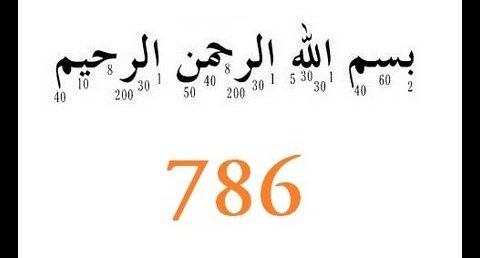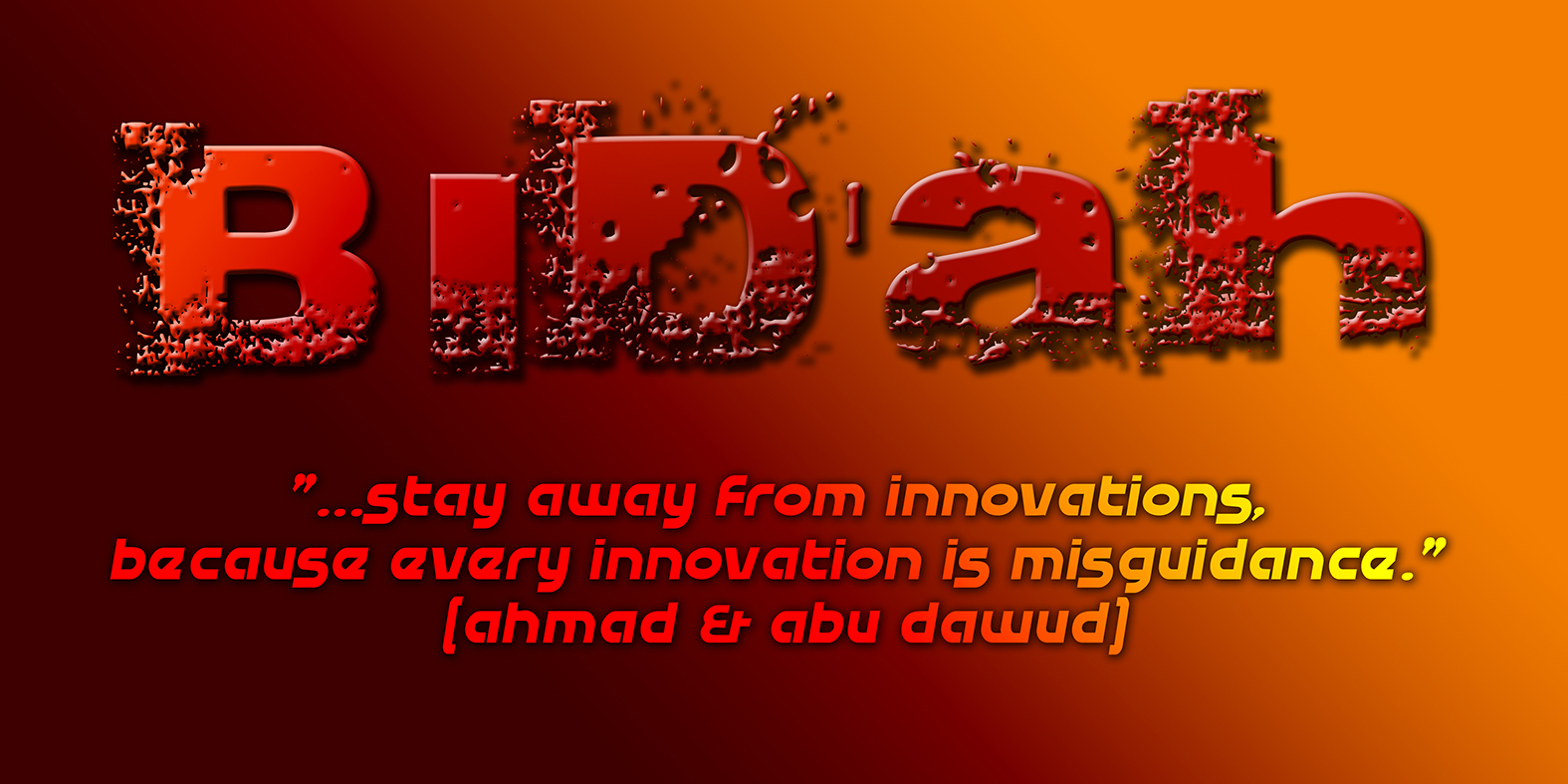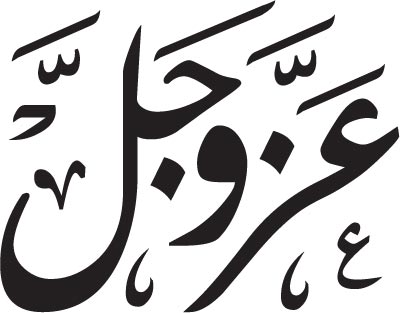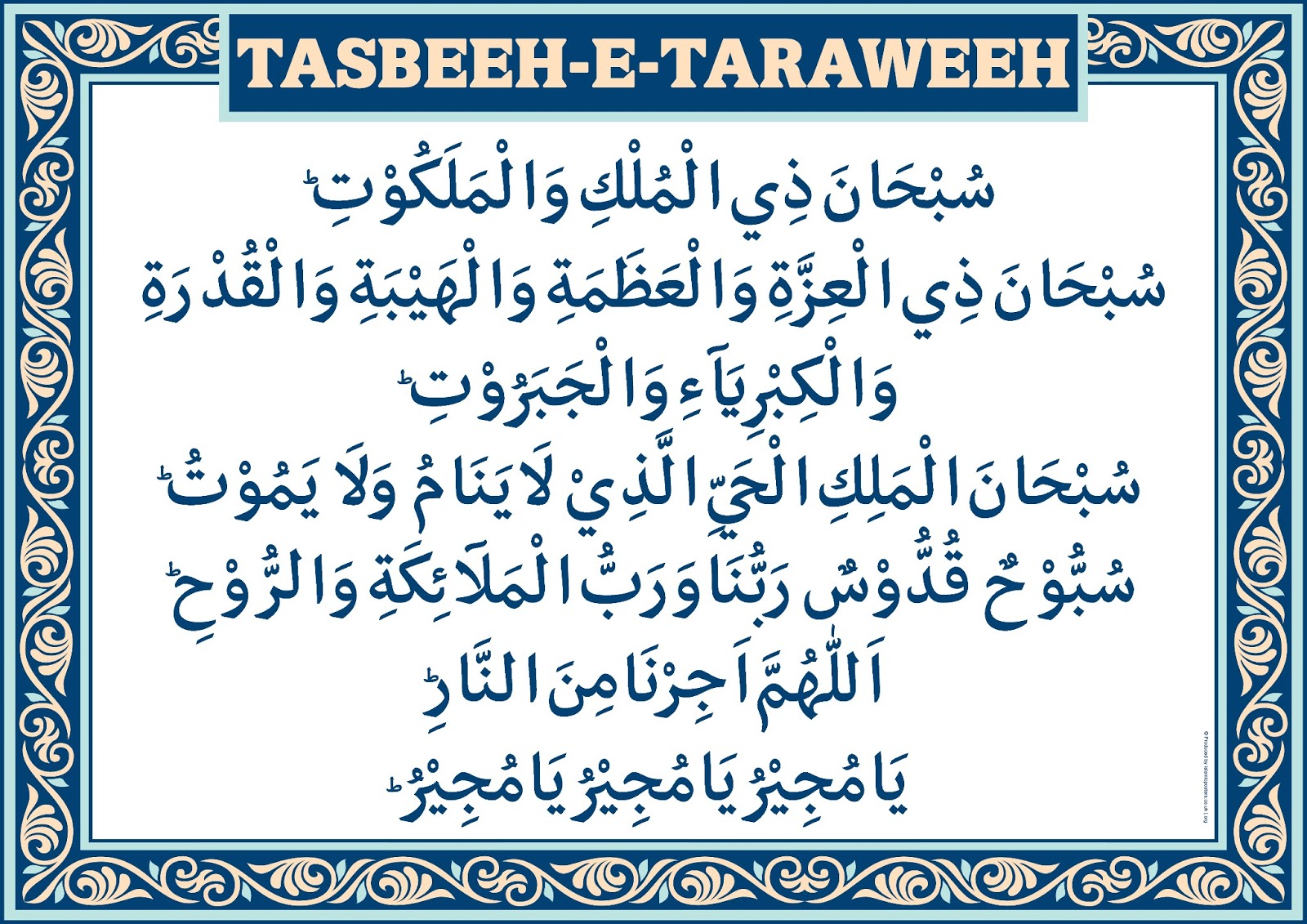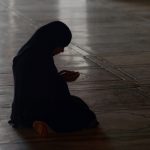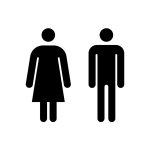The actions of those legally responsible take one of 11 rulings:
Fard: (Obligatory) – An obligation which is established decisively by a Qur’anic Ayah or Hadith Mutawatir (mass-narrated hadith) such that it is not open to interpretation. It relates to the inherent validity of an action like ruku’ (bowing) in prayer. Its performance is rewarded. The one who denies it is a disbeliever. The one who leaves it commits a kabirah (enormity) and is a Fasiq (evildoer) e.g. the 5 daily prayers.
Wajib: (Necessary) – An obligation which is established by probabilistic evidence like Hadith Ahad (non-mass narrated) such that another Mujtahid (jurist) may interpret it as other than wajib based upon a shari’ evidence. It relates to the completeness of an action such that an action without it is sahih (valid) but naqis (deficient) like recital of the Tashahudd in prayer. Its performance is rewarded. The one who leaves it once commits a saghirah (small sin) and if he persists he commits a kabirah (major sin). However, the one who denies it is not an unbeliever, but corrupt e.g. Salah al-Witr
Sunnah Mu’akkadah: (Emphatic Sunnah) – That which the Prophet (sallAllahu alayhi wa sallam) continuously performed. However to show that it is non-obligatory he may have left it rarely. To leave it once without a valid reason is blameworthy and habitual neglect of it is an Isa’ah (offense) worthy of punishment. e.g. 4 Sunnahs before Zuhr.
Sunnah Ghayr Mu’akkadah: (Non-emphatic Sunnah) – That practise of the Prophet (sallAllahu alayhi wa sallam) which is sought by the Shari’ah so that leaving it is considered makruh (disliked) but not to the extent that a warning of punishment has been established upon that, whether the Prophet (sallAllahu alayhi wa sallam) continuously performed it or occasionally. Its performance is rewarded and its non-performance is disliked (makruh) but not punished. e.g 4 Sunnahs before the fard of Asr.
Mustahabb/Mandub/Adab/Awla/Nafl: (Recommended) – That practise which is sought by the Shari’ah but leaving it is not disliked (makruh), whether the Prophet (sallAllahu alayhi wa sallam) performed it himself or encouraged it or the noble ulama favoured it. Its performance is rewarded and its non-performance is not disliked. e.g. Facing the Qiblah in wudhu.
Mubah: (Permissable) – That whose performance and non-performance are equal. e.g. eating different types of permissible food. It becomes rewardable if attached to a righteous niyyah (intention) and may become punishable if attached to an evil intention.
Haram: (Prohibited) – The opposite of Fard. Avoiding it is Fard (obligatory) and rewardable. The one who denies it is a disbeliever. The one who commits it is guilty of a kabirah (enormity) and is a Fasiq (evil-doer) e.g. Drinking alcohol
Makruh Tahrimi: (Prohibitively Disliked) – The opposite of Wajib. It causes an act of worship to become naqis (deficient). The one who commits it once is guilty of a saghirah (small sin) and if he persists he commits a kabirah (a major sin) e.g. Praying while holding back urine.
Isa’ah: (Offense) – The opposite of Sunnah Mu’akkadah. Its rare committal is considered blameworthy and continuous committal is worthy of punishment. e.g. leaving any Sunnah Mu’akkadah such as leaving washing of the nose in wudhu.
Makruh Tanzihi: (Disliked) The opposite of Sunnah ghayr-Mu’akkadah. Its committal is disliked by the Shari’ah but not to the extent that a promise of punishment is established upon it. e.g. Praying with one’s arms uncovered.
Khilaf al-Awla: (Non-preferrable) – The opposite of Mustahabb. It is that whose avoidance is better, but if it is done it is not blameworthy. e.g. doing opposite to a mustahabb
[Essential Fiqh of Purification & Prayer by Mawlana Ibrar Shafi]


